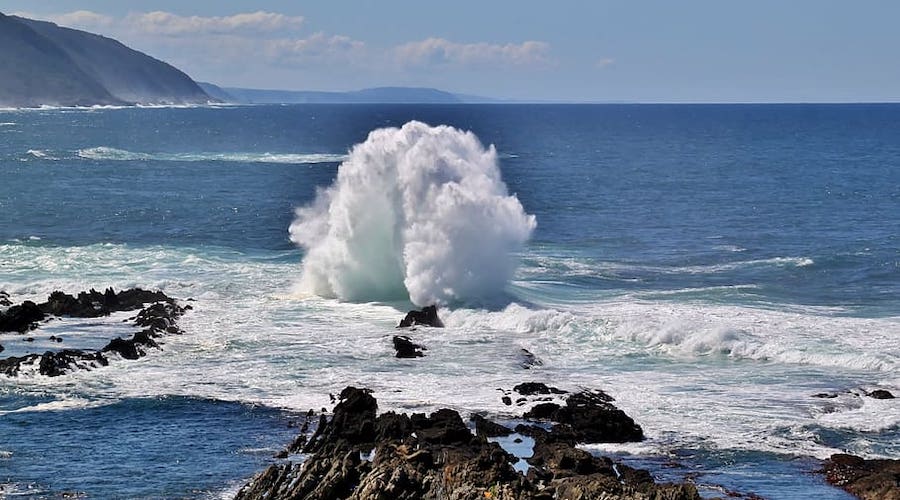UK launches £7 million project to harness the power of waves

Research teams from the universities of Oxford, Edinburgh, and Strathclyde have joined forces in a £7 million project to help deliver scalable, affordable and sustainable tidal stream energy.
Dubbed “Co-design to deliver Scalable Tidal Stream Energy” (CoTide), the initiative is one of the steps the UK is taking to reach net zero by 2050, a target that requires an expansion of renewable energy generation from the current 50GW to 120-300GW.
“The powerful tides that surround the UK remain underutilized, but have significant potential as a source of greener power that could make a meaningful contribution to this goal,” the researchers said in a media statement. “Unlike the wind and the sun, tides ebb and flow at predictable times each day, and so have the advantage that they can provide power that is both renewable and reliable, enabling more resilient energy networks.”
CoTide will focus on developing state-of-the-art tidal stream turbine systems. Unlike more traditional tidal barrages and tidal lagoons that require turbines to be installed in structures such as dams or sea walls, tidal stream turbines are fixed directly out at sea in the line of the strongest, most suitable tidal flows. This makes them cheaper to build and install and reduces their environmental impact.
If fully developed across the UK, tidal stream systems have the potential to generate more than 6GW, enough to power over 5 million homes, with an export market worth £25 billion supporting over 25,000 marine energy jobs.
Technical challenges
However, the scientists behind CoTide acknowledge that technical challenges remain, and tidal stream systems require careful design to maximize power whilst providing reliability in hostile marine environments characterized by corrosive seawater and unsteady loading caused by waves and turbulence.
To tackle this, they plan to bring together their top minds with expertise in device hydrodynamics, rotor materials, corrosion, risk and reliability, environmental modelling, and system control and optimization. Together, the researchers aspire to integrate these constituent elements into holistic design processes that will significantly reduce costs by removing unnecessary redundancy and improving engineering solutions and processes.
“Through a unified co-design approach, CoTide will develop a framework to assess the impact of design decisions and will contribute fundamental understanding of how to achieve through-life reliability in addition to maximizing the potential of digitalization for optimal performance,” project lead Richard Willden said.
The project will also have a strong focus on increasing the sustainability of tidal stream systems. For instance, the team will explore new methods to assess the environmental and ecological impacts of future tidal stream farms, and whether turbine blades could be manufactured from bio-based materials that can degrade at the end of their life.
CoTide will build on the Oxford team’s unique experience and capabilities in designing and testing high-performance turbines, which have been developed through Willden’s EPSRC Advanced Fellowship. In particular, the project will capitalize on Oxford’s recent investment in a state-of-the-art current and wave flume that will allow turbine and platform designs to be rapidly tested under harsh environmental conditions.
In addition to academic partners, the researchers will work with a group of over twenty industry stakeholders and regulatory bodies including EDF Energy, the Health and Safety Executive, the Marine Energy Council, and global manufacturer Arkema International.
{{ commodity.name }}
{{ post.title }}
{{ post.date }}




Comments